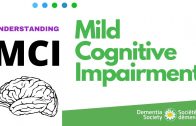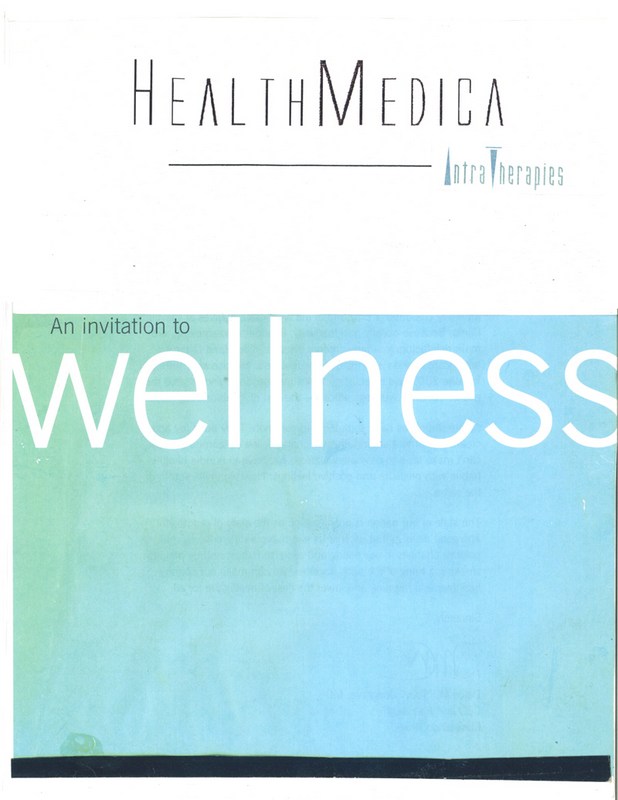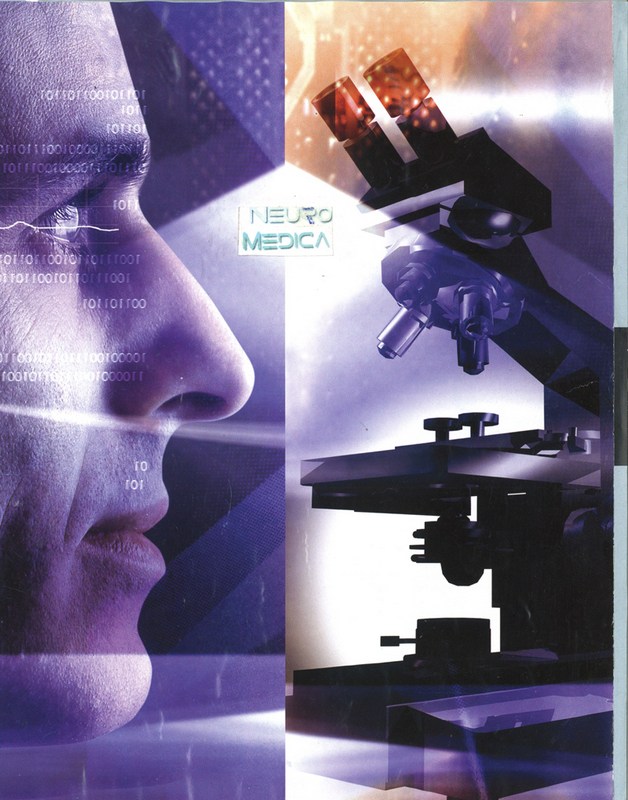Understanding Mild Cognitive impairment March 2022
Mild cognitive impairment (MCI) is a condition that causes a slight but noticeable decline in memory or other thinking skills, also known as cognitive abilities.
People with MCI have more memory or other thinking problems than would be expected from someone at a similar age, and show some decline in their cognitive skills, but these declines are not pronounced enough to meet diagnostic criteria for Alzheimer’s disease or another type of dementia
MCI is a highly variable condition in which a person may either progress into actual dementia, revert to normal cognitive function, or even remain at a stable level, depending on the individual and the conditions underlying the problem.
During this presentation offered by the Dementia Society of Ottawa and Renfrew County participants will understand:
What is mild cognitive impairment?
What is the difference between MCI , normal forgetfulness and dementia?
What are the types of MCI?
What does it mean to be diagnosed
with MCI?
What you I do I have MCI? How can you ask for help?
Brain Healthy Choices to prevent Dementia
About the Speaker:
German Chique-Alfonzo, BSc, MD, MHPE candidate
He is the Education and Program Coordinator for the Dementia Society of Ottawa and Renfrew County. After finishing his Bachelor’s degree in Biochemistry at the University of Ottawa, he completed his M.D. at the Oriente University, Venezuela. Then, he did a residency in Neurology at Caracas University Hospital, Central University of Venezuela, with a subspecialty fellowship in Multiple Sclerosis and Demyelinating Diseases at La Trinidad Teaching Medical Centre, Venezuela. He has performed research in Multiple Sclerosis, Neuromyelitis Optica Spectrum Disorder, Cognition, Pain and Quality of Life. Currently, he is enrolled as a Master of Health Professions Education candidate at Queen’s University, Kingston, Canada.
**Disclaimer**
The video has been made available for informational and educational purposes only. This presentation is not intended to be a substitute for professional medical advice, diagnosis, or treatment. Always seek the advice of your physician or other local qualified health provider.


















